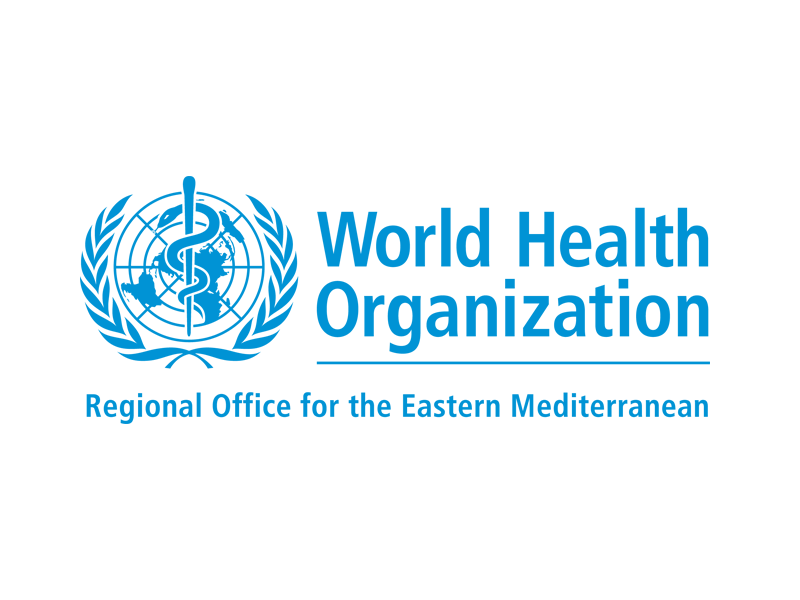📍 Geneva, July 4, 2025 — The World Health Organization (WHO) has published its first comprehensive global guidelines for the clinical management of arboviral diseases, including dengue, chikungunya, Zika, and yellow fever. The guidelines aim to equip health care providers with evidence-based recommendations to improve diagnosis, treatment, and outcomes for patients affected by these increasingly widespread infections.
🦟 Rising Global Threat Arboviruses, primarily transmitted by Aedes mosquitoes, now pose a significant public health risk to over 5.6 billion people worldwide, driven by climate change, urbanization, and global mobility. The expansion of mosquito habitats into temperate regions has heightened the urgency for standardized clinical protocols.
🩺 Clinical Challenges Diagnosing arboviral diseases is complicated by:
- Overlapping symptoms with other febrile illnesses
- Simultaneous circulation of multiple arboviruses in some regions
- Limited access to diagnostic testing in low-resource settings
The new guidelines emphasize early recognition and appropriate management to prevent severe complications and fatalities.
📘 Guideline Highlights The WHO recommendations cover care across all levels of the health system—from community-based settings to hospital wards—and include:
- Oral rehydration and symptom control for non-severe cases
- Intravenous fluid management, guided by capillary refill time and lactate levels, for severe cases
- Avoidance of NSAIDs and corticosteroids in acute phases
- Use of N-acetylcysteine for yellow fever-related liver failure (conditional)
- Monoclonal antibodies and antivirals for yellow fever (research-only settings)
The guidelines also discourage prophylactic platelet transfusions in dengue patients without active bleeding.
🌍 Integrated Approach This unified framework reflects WHO’s commitment to strengthening global preparedness under its Global Arbovirus Initiative, and supports countries in responding to outbreaks with consistent, high-quality care.
The full guideline is available via the WHO Publications Portal.


